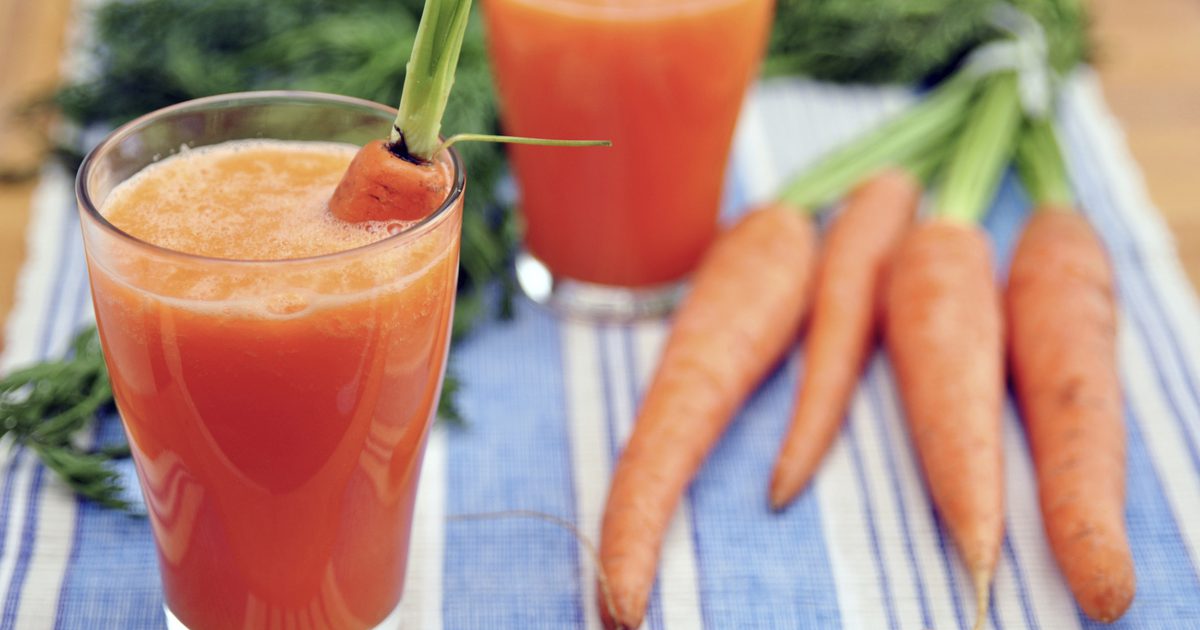The Best Foods To Help Reduce Asthma Symptoms
Asthma is a chronic pulmonary disorder characterized by the narrowing of airway passages leading to the lung, including the nasal passageways, mouth, nose, and larynx, which causes difficulty breathing. Certain triggers such as seasonal, environment or food-related allergies may irritate the immune system and cause an asthma attack in which the airway passages close and the person affected has trouble breathing.
High in carotenoids

According to one study, women who ate foods high in carotenoids including carrots, tomatoes, and green leafy vegetables had lower rates of asthma. The study also found individuals who are prone to asthma tend to have lower levels of carotenoids in their blood. Carotenoids are antioxidant pigments necessary for giving vegetables their unique coloring. Vitamin A is converted to carotenoids in the body. Eating foods high in vitamin A may be able to help reduce asthma symptoms, such as carrots.
